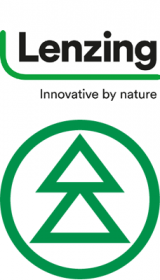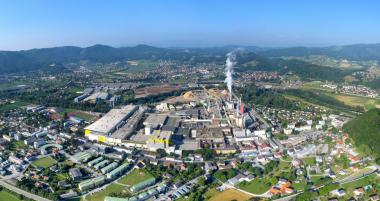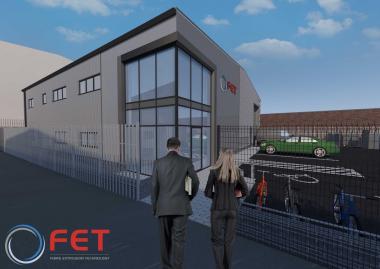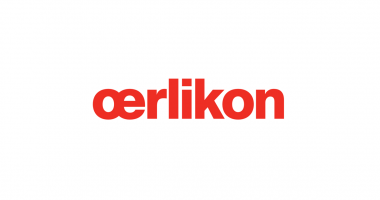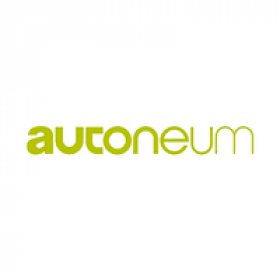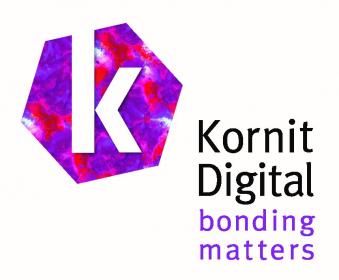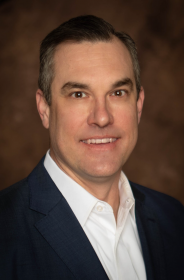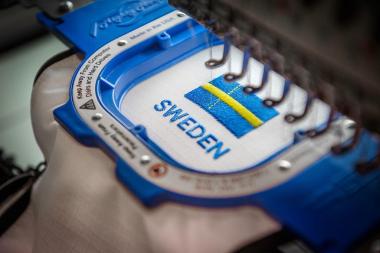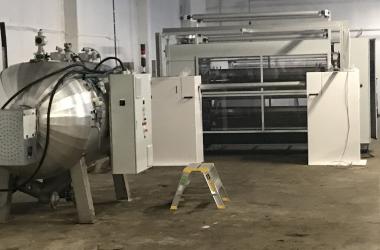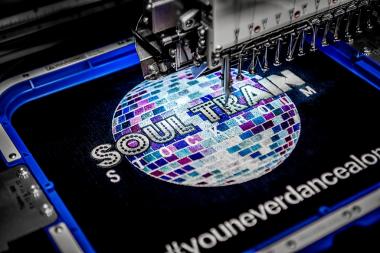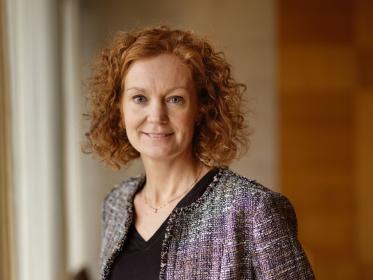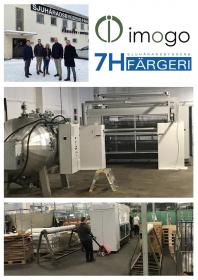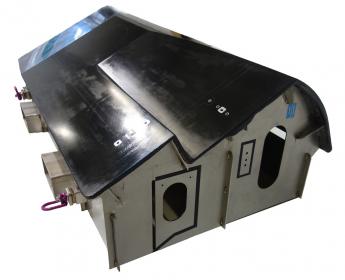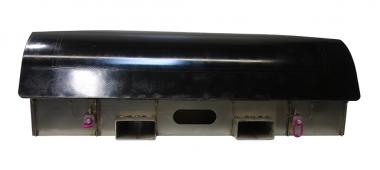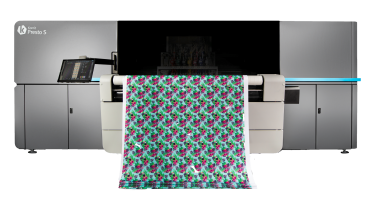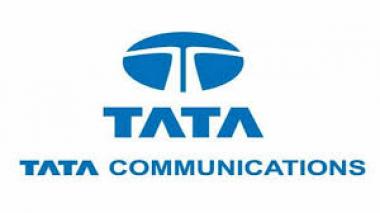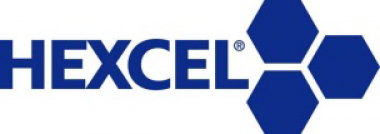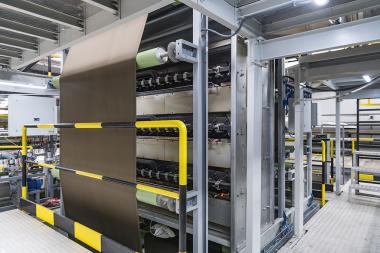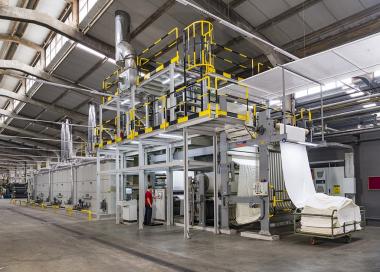Ascend expands HiDura™ LCPA production capacity
- New capacity brought online to meet growing demand
Ascend Performance Materials has expanded production capacity for HiDura long-chain polyamides in its Greenwood, S.C., plant. The multi-million dollar expansion will help the company meet growing demand for its new product line.
Launched in Nov. 2020, Ascend’s HiDura PA610 and 612 products are used in a variety of consumer goods, industrial, renewable energy, automotive and electric vehicle applications. “Exceptional ductility, UV weatherability and hydrolysis resistance give HiDura resins and engineered plastics reliable, long-term performance in some of the harshest conditions,” said Kaan Gunes, business manager for HiDura at Ascend. Gunes cited applications in solar photovoltaic supports, battery seals and brush bristles to illustrate the versatility and durability of HiDura. “Each of these parts faces extreme conditions, whether the 25 years a solar PV installation will be exposed to the elements or the constant contact with corrosive chemicals inside a battery cell. The various grades we developed are designed to improve the reliability of our customers’ products.”
Ascend, which is the largest fully integrated producer of polyamide 66 resin, used its extensive polymerization knowledge to expand capacity at its Greenwood facility. “We have been polymerizing PA66 in Greenwood for decades,” said Michael Walters, senior site director for Ascend in Greenwood. “Our people understand how to consistently produce high-performance, high-quality materials safely and were excited to see the success of HiDura build off their work.” Ascend continues to expand its HiDura grades to meet the growing needs of its customers.
EMG




